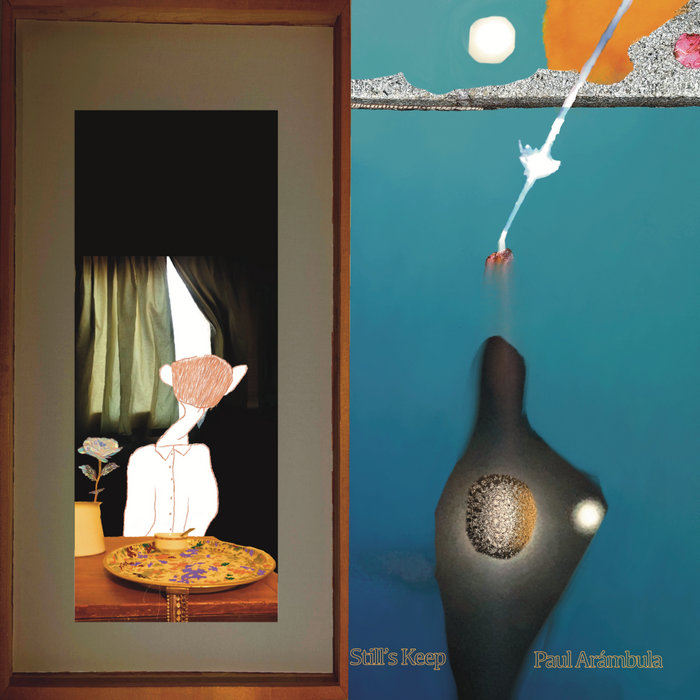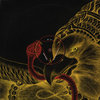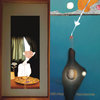Now Listening: London post-everything, electroacoustic beauty, outsider pop
Records by Tracey, rest symbol, Khaled Kurbeh, Sunju Hargun, and Paul Arámbula.


Tracey – Tracey (AD93 2025)
When I first heard Tracey's "Sex Life," I didn't know what to think. Is this genius? Are they goofing? What is this, even? Months later, after listening to the whole EP on repeat, I realize there's no good answer—and that's the point. Music writers, myself included, have long moaned about the "flattening effect" of today's streaming era: going from Beyoncé to Hijokaidan to Digital Mystikz in three clicks, context and culture stripped clean. But maybe that's how we got anonymous London duo Tracey—in their early 20s, I assume, naïvely—for whom everything is everything, and no lines divide. And so the raunchy, silly ditty-step of "Sex Life," with nuclear bass wobble and Riko Dan verse, fits perfectly amongst the plaintive cry of Public Enemy-sampling "Sweet," the elegiac synth and breathy ASMR of "When I choose to be here with you," and the shoegazing guitar of "Take Care." Everything is everything. No lines divide. Music makes me glad to be alive.
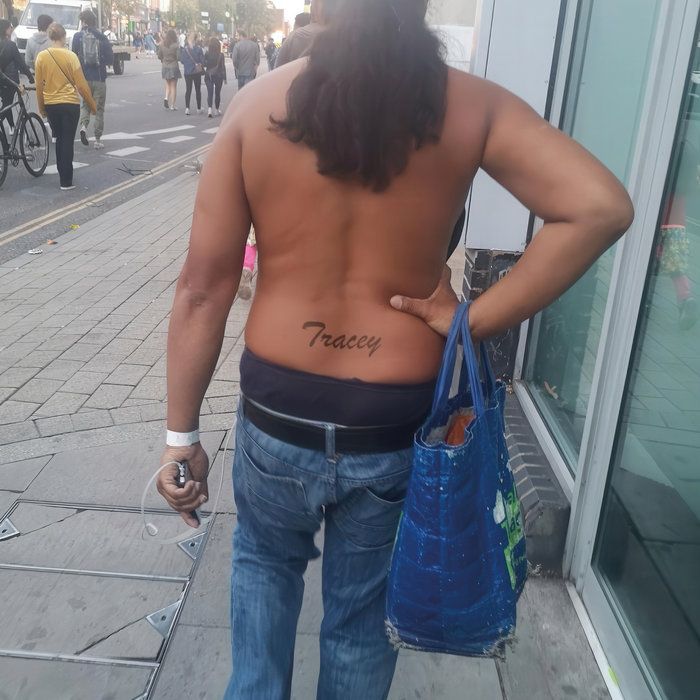

rest symbol – rest symbol (FO 2025)
It's simple: Do you wish desperately for more Portishead in your life? If the answer is yes, listen to this record at once. (If the answer is no, I don't even know you.) This London-based trio—Molinaro, Moreiya, and Wendy Lavone—have previously worked on an array of off-kilter records, downtempo and experimental-ish. Together as rest symbol, they've gone all-in on greyscale trip-hop, cloudy and foggy in mood. Beats are spare; some cuts propel forward through sub-bass oscillation alone. Other tracks, crafted from spectral samples of classical music and jazz, are especially delicate. Moreiya's vocals—sometimes soaring and choral, sometimes a crooning lullaby—cut through the mist, embracing the listener. Murky as the record may be, it never feels dark or dour, and with a crisp 28-ish minute runtime, it's built to be rinsed over and over again. I'm repeating myself at this point, but the trip-hop renaissance of the 2020s is a joy to behold, and rest symbol is peak form.


Khaled Kurbeh – Likulli Fadāin Eqāéh (لكلّ فضاءٍ إيقاعه) (Research Records 2025)
Abstract music, at its finest, approaches a language beyond words. Such is the case with this second album by Syrian-born, Berlin-based composer Khaled Kurbeh, which articulates, through sound, a whole gamut of emotions, feelings, and sensations—ineffable, but deeply felt. Nominally, this album collects ten electroacoustic compositions recorded across a four-year span: "gestures, sonic footnotes and observations from the everyday," Kurbeh writes in the release notes. Tender synth tones pulse and swell throughout, like the opening ripple "Darb I–II," or the undulating "Madd." Brief bouts of bowed strings and percussive irruption offer a hand-hold, a musical grounding. Throughout, moments of mystery and delight give way to contemplative melancholy and genuine longing. At first, I assumed there was a narrative, or a story, tying these compositions together. But I realized I was missing the forest for the trees, and that instead, the record captures an entire universe of its own. Listening in, I'm transported there.

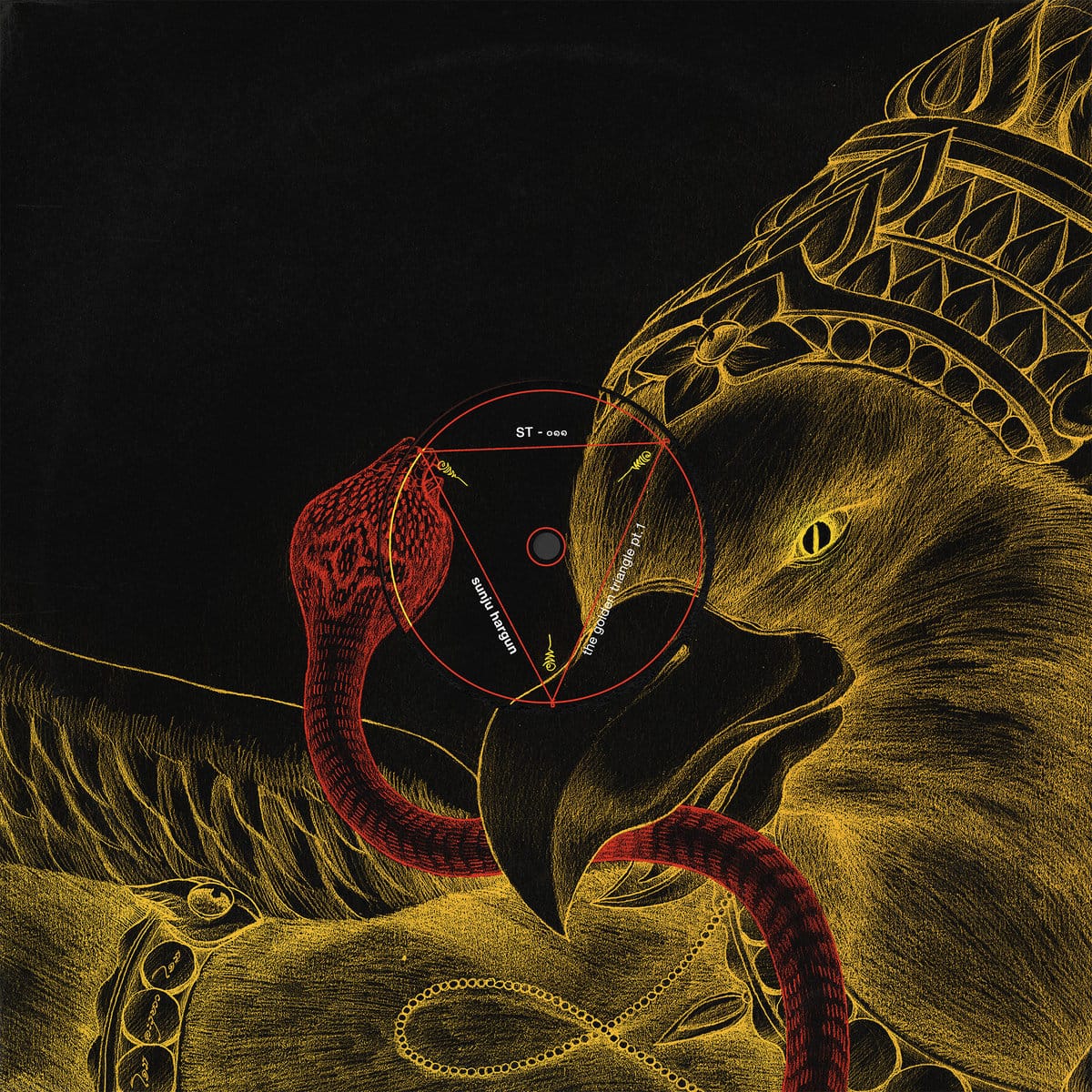
Sunju Hargun – The Golden Triangle (Chapter One) (Siamese Twins Records 2025)
I've long believed that the boundary between psychedelic, beat-driven techno and drifting cosmic abstraction is paper-thin. On Bangkok label Siamese Twins Records, co-founded by Thai producer Sunju Hargun, the line between is dissolved altogether. The Golden Triangle (Chapter One) opens with the title cut, a dreamy, beatless swirl of synths, flutes, and chants with a distinctly Southeast Asian sound palette that reflects the label's ethos and place. Two collaborations follow: first is "Lens of Time," with rising producer GiGi FM, a slow, chugging dancefloor builder whose cut-up jazzy drum break doesn't drop until three minutes in. Next is "Mekong," with polyrhythmic left-field club practitioner Konduku, featuring a sinuous heavyweight bassline and spare hand drums—techno designed not to induce euphoria, but shared hypnosis. The closer, "Ruak," is the weightiest cut, with rubbery syncopated beats bouncing amongst a mystic vocal. Hopefully Chapter Two of The Golden Triangle will arrive soon—a proper LP paired together, maybe.
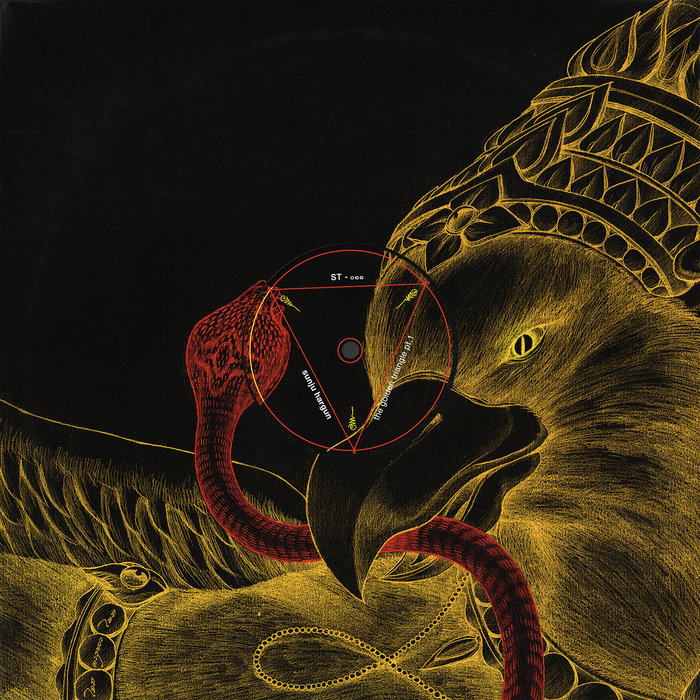
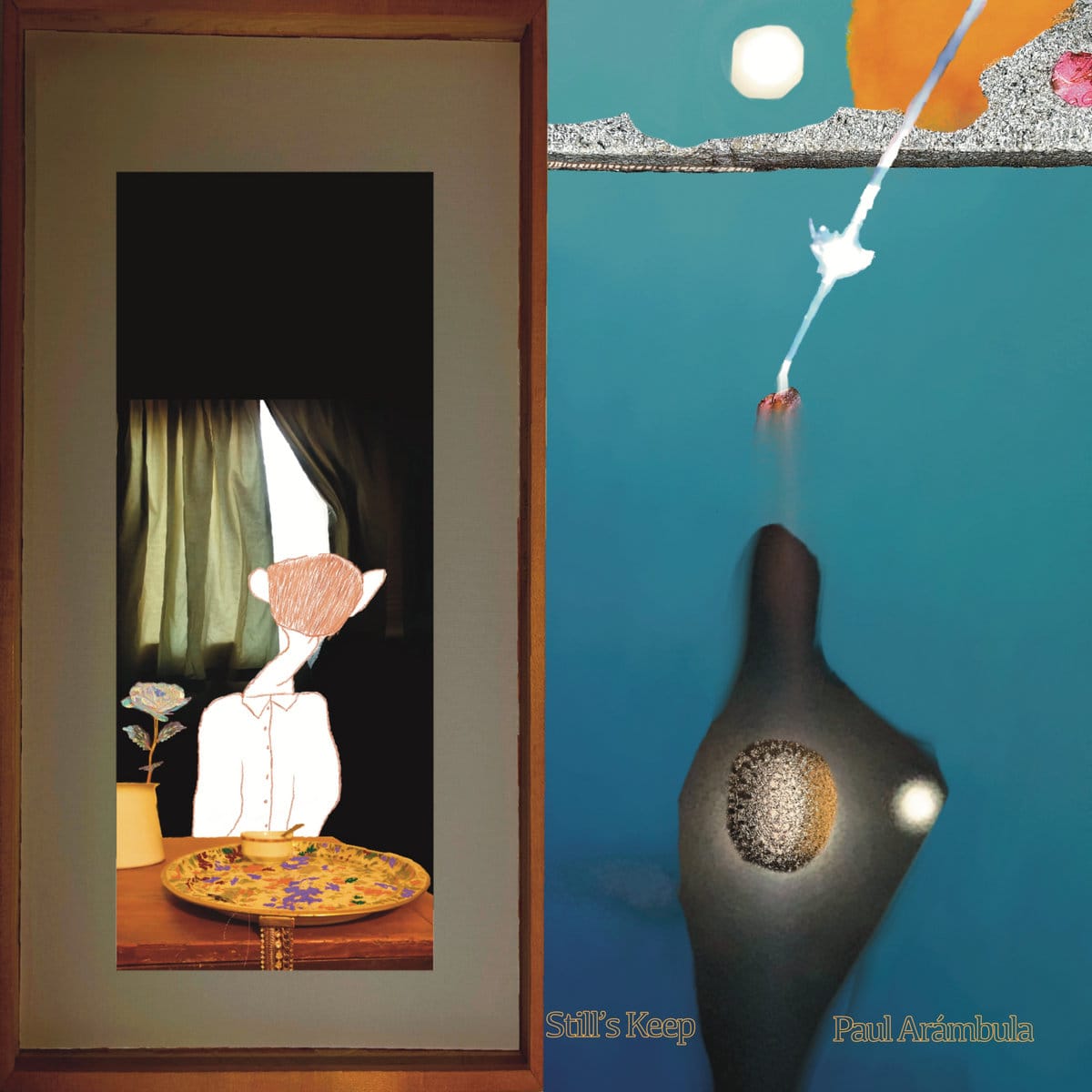
Paul Arámbula – Still's Keep (Gilgongo Records 2025)
I discovered Paul Arámbula via No Order in Destiny, a compilation of music for freaks and weirdos produced by Berlin label Kashual Plastik. Arámbula's track "Boom Bound Paralysis," a half-stumbling, full-woozy, off-beat synthpop jam, was one of the freakiest and weirdest tracks on that record, and I was hooked immediately. This year, Arizona label Gilgongo Records released Still's Keep, a collection of outsider pop songs Arámbula wrote over the past decade in Berlin, Phoenix, and New York. The songs are simple—drum machines, synth melodies, twangy guitar, and Arámbula's endearingly rugged vocals—but they crawl underneath your skin and stick there. Some, like the motorik jangle of "After the Window," feel particularly timeless, like they're from a bygone era. Others are wistful, leaning into introspection, like "Miranda & Lucia" or "Finding Notes." The overall effect is disarmingly intimate, a musical glimpse into the idiosyncrasies that make us human. Rarely are our idiosyncrasies this catchy.
